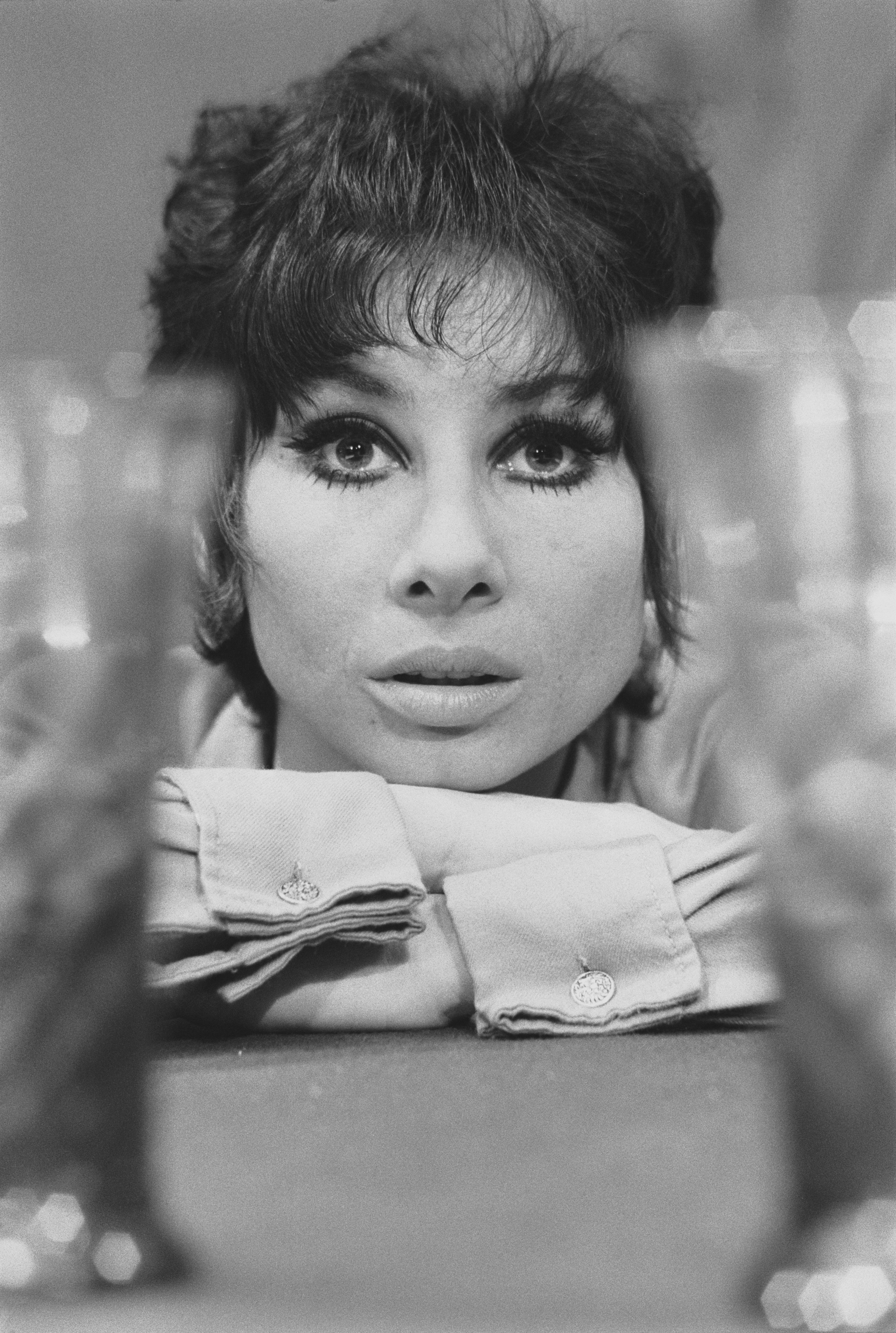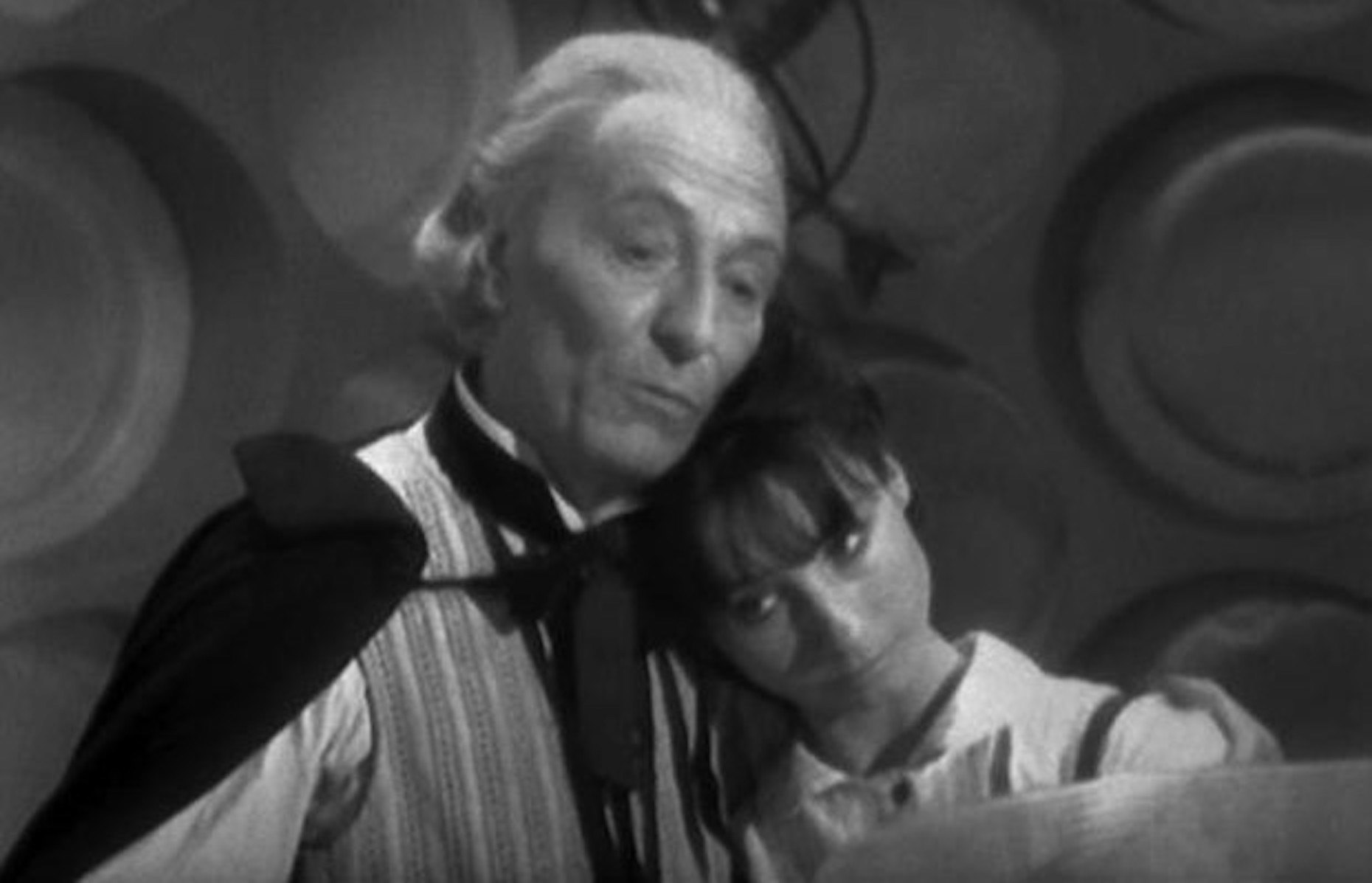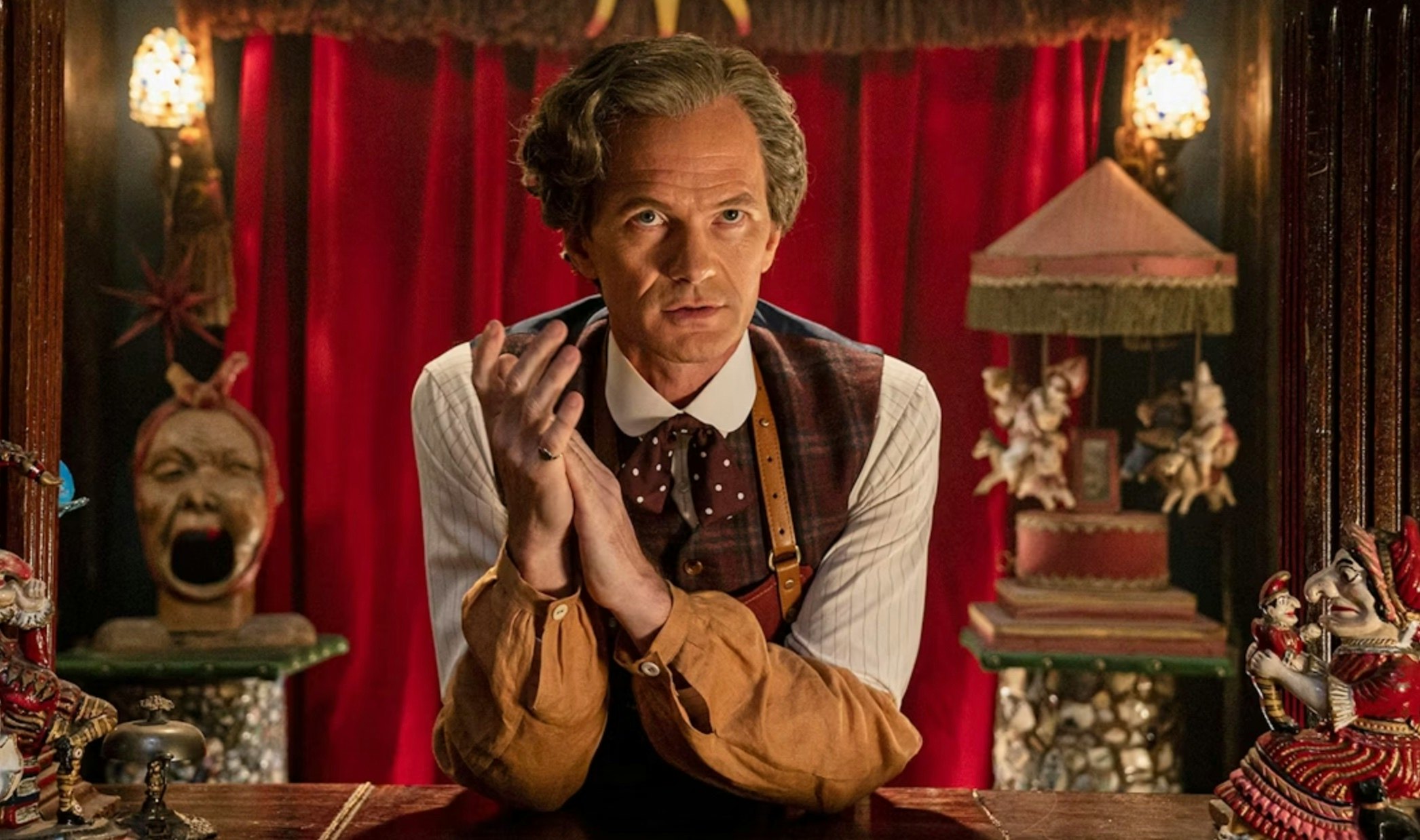
Since the 2005 relaunch of Doctor Who, the Doctor has often been described as “the last of the Time Lords.” Initially, this was because the planet Gallifrey had been assumed destroyed in the Time War, and then trapped in a pocket universe in “The Day of the Doctor,” and then, after the events of “The Timeless Children,” all of Gallifrey was destroyed by the Master. So, from the 9th through 15th Doctors, other Time Lords — including the Doctor’s family — have been scarce.
But, in “The Legend of Ruby Sunday,” the latest Doctor Who season tackles the idea that the Doctor’s original companion, his granddaughter, Susan Foreman, might still be alive. And so, in exploring the mystery of Susan, this episode also seems to retcon the basic origin of Susan, too. In typical Doctor Who non-linear fashion, it would seem that the 1963 status quo of Doctor Who is oddly, somehow, still in the Doctor’s future.
Spoilers ahead for Doctor Who’s “The Legend of Ruby Sunday.”
Who is Susan in Doctor Who?

Beginning with “An Unearthly Child,” the very first episode of Doctor Who in 1963, Susan Foreman (Carole Ann-Ford) was depicted as a teenager who self-identified as the Doctor’s granddaughter. This makes Susan a defacto Time Lord, and most books, audio adventures, and comics tend to agree that she was literally and genetically related to the Doctor. For the first two seasons of Doctor Who, Susan traveled with the Doctor, as well as Ian Chesterton and Barbara Wright, both of whom had been her teachers at Coal Hill School. In these early adventures, Susan mostly behaves like a moody teenager, though occasionally, some wisdom beyond her years is glimpsed, giving early hints that both she and the Doctor are not exactly what they appear to be, at least from a human perspective.
Outside of non-canon appearances in TV specials over the years, Susan’s last, clearly established appearance on Doctor Who was in the final part of 1964’s “The Dalek Invasion of Earth.” After helping defeat the Daleks in the 22nd century, Susan fell in love with a freedom fighter named David Campbell. By the end of the episode, Susan is torn over wanting to return to the TARDIS with her grandfather, or stay with David and make a life. This leads to a bittersweet moment in which Susan gives the Doctor a broken shoe to mend, and then, after David pleads with her to stay, the Doctor locks the TARDIS doors and tells Susan it’s time for her to find her own way.
This results in what is probably William Hartnell’s best-remembered speech as the Doctor in which he says: “One day I shall come back. Yes, I shall come back. Until then, there must be no regrets, no tears, no anxieties. Just go forward in all your beliefs and prove to me that I am not mistaken in mine.”
But did the Doctor ever come back? In all the Doctor Who books, comics, and audio dramas there are several accounts of Susan’s further adventures, many of which are contradictory. Most recently, in a 2020 Mark Gatiss-penned short story titled “Fellow Traveller,” the 13th Doctor (Jodie Whittaker) visits an older Susan in the 22nd century. Prior to this, the audio drama “An Earthly Child,” featured the 8th Doctor (Paul McGann) reuniting with Susan.
However, most on-screen Doctor Who tends to indicate the Doctor never did return to see Susan, and she was presumed lost in either the Time War or the Master’s massacre on Gallifrey. At the start of Peter Capaldi’s final season as the Doctor in the 2017 episode “The Pilot,” the 12th Doctor has photographs of his wife River Song (Alex Kingston), and of Susan, on his desk. At the time, we were clearly meant to believe both were deceased, at least from the Doctor’s relative point of view in his life at that time.
A new twist on the Doctor’s timeline

Early in “The Legend of Ruby Sunday,” the Doctor is convinced that the mysterious tech mogul Susan Triad (Susan Twist), could, in fact, be a regenerated form of his granddaughter Susan. While this later is revealed to not be true, a portion of the story is occupied with untangling and reestablishing how the 15th Doctor thinks about Susan now.
Revealingly, Kate Stewart is shocked to learn that the Doctor had a granddaughter at all, saying “My father, he’d tell me stories about you when I was a kid... but he never, ever mentioned a granddaughter.” The Doctor replies, “I was a different Doctor back then, Kate. The Great Enigma. Still can’t shake it off. I’m trying.”
Kate then points out “That means you’ve got kids.” But then, the Doctor counters, saying, “Well, not quite. Not yet.” Kate asks how the Doctor could have a granddaughter before having a daughter, and the Doctor replies, “Life of a Time Lord.” This conversation also seems to establish that the Doctor did not go back and find Susan, because he was worried that his presence would “bring disaster” and ruin her life. But, setting that mystery aside for a moment, it now seems like Doctor Who is implying that the Doctor will have a child in the future, and that person will be one of Susan’s parents.
To be clear, the Doctor’s child (or children) have never been depicted on screen, with the exception of an instant-offpsring named Jenny (Georgia Moffett) from the 10th Doctor episode “The Doctor’s Daughter.” In fact, in that episode, the 10th Doctor tells Donna “I’ve been a father before. I lost all that a long time ago.” The 12th Doctor also boasted of his “dad skills,” when he put young Danny Pink to bed in “Listen,” which again, would seem to imply that the 12th Doctor, like the 10th, had already been a parent at some point in his past.

But now, the 15th Doctor makes it clear that even if he did have children in the distant past, none of those children went on to be one of Susan’s parents. How could this be? There might be one fairly easy explanation. Back in the final 2023 David Tennant 14th Doctor special “The Giggle,” the Toymaker explicitly says “I made a jigsaw out of your history — did you like it?”
This deceptively innocuous detail has seemingly much bigger implications. Ever since the events of “The Giggle,” there have been subtle, and not-so-subtle hints that the backstory of the Doctor has been tampered with a bit, in a very literal sense. Recently, in the episode “Rogue” we even saw a new face of a previous version of the Doctor, indicating that some basic information we had about the Doctor’s past has either been incorrect or has been somehow altered.
The Toymaker making a jigsaw of the Doctor’s past — by literally changing the timeline — could certainly explain why the lineage that results in Susan is now a paradox. Because, if the Doctor hasn’t sired the child who will become Susan’s parent, then that means his past is quite literally his future.







